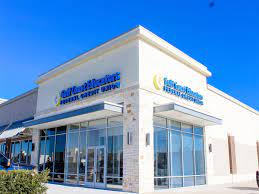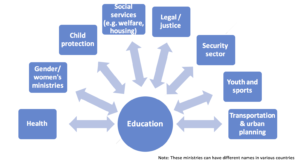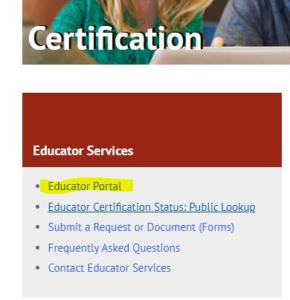Introduction : Gulf Coast educators play a vital role in shaping the future of students residing in this diverse and vibrant region. Their dedication, passion, and commitment to providing quality education have a profound impact on the academic and personal growth of their students. In this article, we will explore the unique challenges faced by Gulf Coast educators and shed light on the valuable resources and support available to them. Let’s delve into the world of Gulf Coast educators and discover how they are building a strong foundation for student success.

I. The Role of Gulf Coast Educators
Nurturing a Diverse Student Population:
Gulf Coast educators encounter students from diverse cultural, socioeconomic, and linguistic backgrounds. They create inclusive learning environments that embrace and celebrate these differences, fostering mutual respect and understanding.
Addressing Environmental Factors:
Gulf Coast educators are well-versed in adapting their teaching strategies to address environmental factors unique to the region, such as hurricanes, coastal erosion, and the impact of climate change. They incorporate real-life examples and experiential learning opportunities to help students understand and respond to these challenges.
Challenges Faced by Gulf Coast Educators
Socioeconomic Disparities:
Gulf Coast communities often face socioeconomic disparities, which can have a direct impact on student achievement. Educators work tirelessly to bridge this gap, providing access to resources, mentoring programs, and scholarships to ensure all students have an equal opportunity to succeed.
Language and Cultural Diversity:
The Gulf Coast region is home to a diverse population, including students from various linguistic and cultural backgrounds. Gulf Coast educators implement culturally responsive teaching practices, recognizing and valuing the cultural heritage of their students while promoting language acquisition and cross-cultural understanding.
Resilience in the Face of Natural Disasters:
Gulf Coast educators must be prepared to navigate the disruptions caused by hurricanes, floods, and other natural disasters. They collaborate with local emergency management agencies and develop emergency preparedness plans to ensure the safety and well-being of their students.
Resources and Support for Gulf Coast Educators
Professional Development Programs:
Education agencies and organizations in the Gulf Coast region provide professional development opportunities for educators. These programs focus on instructional strategies, technology integration, and culturally responsive teaching, equipping educators with the necessary skills to meet the needs of their students effectively.
Collaborative Networks:
Gulf Coast educators can connect with their peers through collaborative networks, such as professional learning communities and online forums. These networks provide a platform for sharing best practices, seeking advice, and engaging in meaningful discussions to enhance teaching practices.
Access to Technology:
Technology plays a crucial role in modern education, and Gulf Coast educators have access to various educational technology resources. These tools facilitate interactive and engaging learning experiences, enable personalized instruction, and support distance learning initiatives.
Community Partnerships:
Gulf Coast educators forge partnerships with local businesses, nonprofit organizations, and community leaders to provide additional resources and opportunities for their students. These partnerships can include mentorship programs, internships, and access to specialized facilities and equipment.
Supporting the Success of Gulf Coast Educators
Adequate Funding: Ensuring that Gulf Coast educators have access to sufficient funding is crucial for providing quality education. Advocacy efforts at the local, state, and federal levels can help secure adequate resources for schools and educators in the region.
Recognition and Appreciation: Recognizing the hard work and dedication of Gulf Coast educators is essential for boosting morale and motivation. Public recognition programs, awards, and




